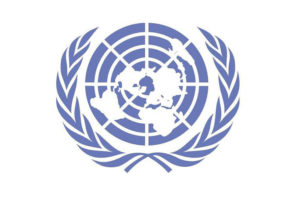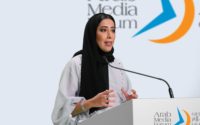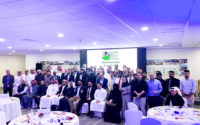Yemen Humanitarian Country Team Presents 2013 Response Plan To Stakeholders
The Yemen humanitarian crisis was the subject of high-level discussions as the Yemen Humanitarian Country Team presented its 2013 response plan to partners in the United Arab Emirates, donors and the media at an event hosted by the International Humanitarian City (IHC) in Dubai today.
On behalf of UN Messenger of Peace and Chairperson of the International Humanitarian City HRH Princess Haya Bint Al Hussein, wife of HH Sheikh Mohammed Bin Rashid Al Maktoum, Vice-President and Prime Minister of the UAE and Ruler of Dubai, the event started with welcoming remarks presented by H.E. Ibrahim Bu Melha, Vice-Chairman of the IHC’s Board of Directors. Addressing the event subsequently, the UAE Assistant Minister for Foreign Affairs, Dr. Saeed Al Shamsi, highlighted the keen interest of the UAE Government in strengthening the relations between the UAE, the United Nations and NGOs to provide assistance to those in need in Yemen.
The significant role and efforts of the United Arab Emirates Government and humanitarian organizations towards the humanitarian crisis in Yemen were addressed by H.E. Mr. Hazza Mohammed Falah Al Qahtani, Director General of the UAE Office for the Coordination of Foreign Aid (OCFA), H.E. Dr. Mohammed Atiq Al Falahy, Secretary-General of the UAE Red Crescent and Mr. Mohammed Al Bastaki, Deputy Director General of the Khalifa Bin Zayed Al Nahyan Foundation.
The humanitarian crisis in Yemen remains acute, with 13 million people “over half the population“ in need of assistance. Through the 2013 Response Plan, humanitarian partners aim to assist 7.7 million of the neediest Yemenis. A 22 per cent increase in funding requirements in 2013 compared to 2012 has pushed the amount needed to US$716 million.
The UN Resident and Humanitarian Coordinator for Yemen, Mr. Ismail Ould Cheikh Ahmed, said that “improved stability, the return of internally displaced people in the south and increased presence and access of humanitarian partners across the country provide a window of opportunity to expand life-saving support for the most vulnerable, while increasing the resilience of Yemeni communities”. He welcomed the increased involvement of Gulf-based organizations in the humanitarian response in Yemen, and stressed the need to coordinate the actions of Arab donors with the humanitarian community.
For more information, visit ihc.ae








 Email: info@cyber-gear.com
Email: info@cyber-gear.com